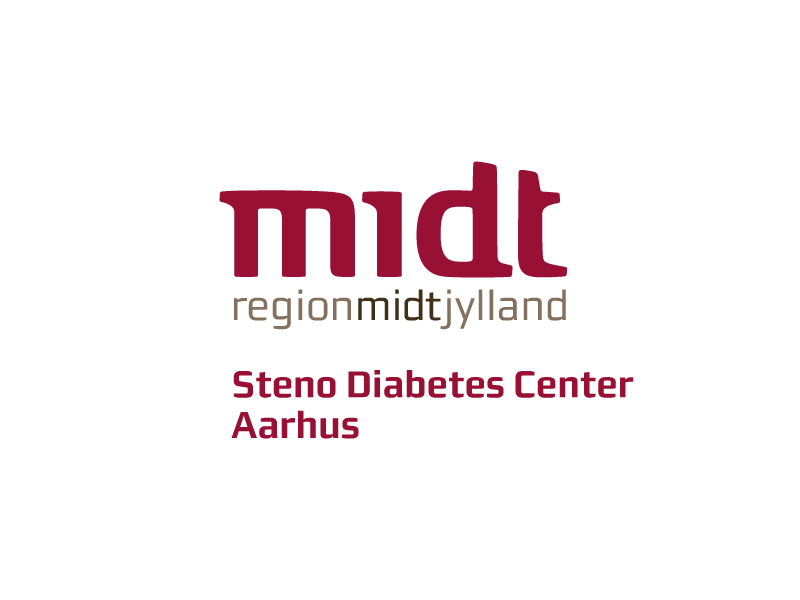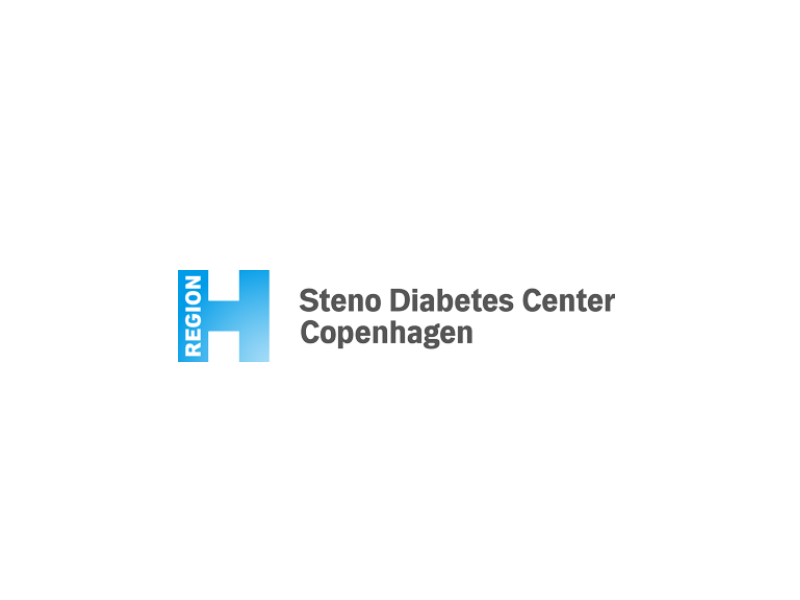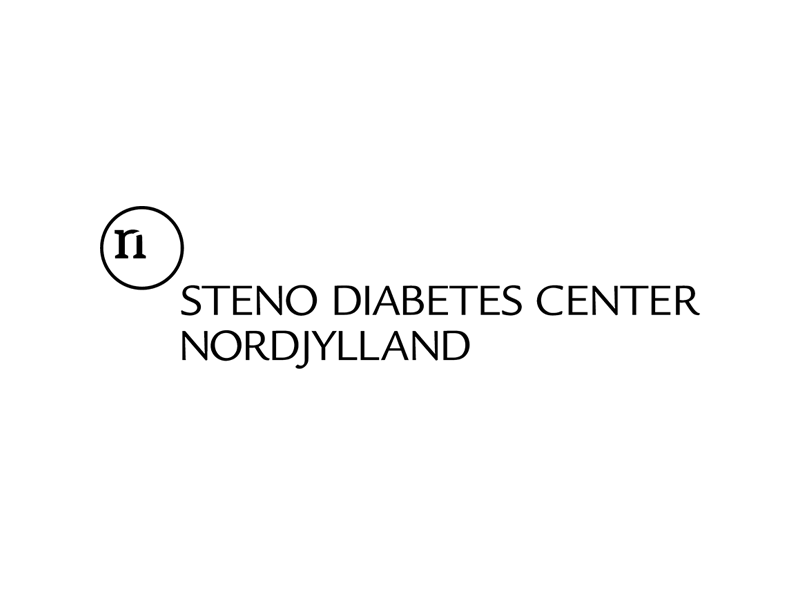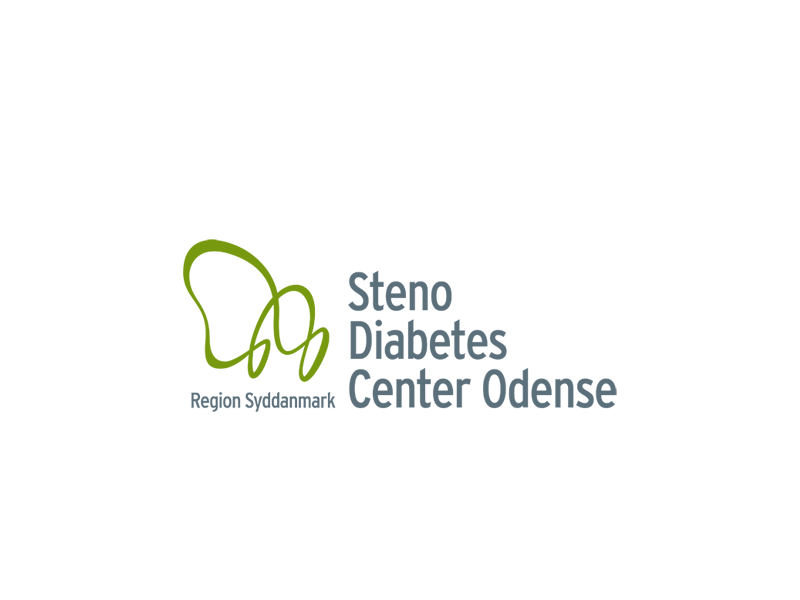Abstract
It is our ambition to improve type 2 diabetes (T2D) patients’ treatment and their lifestyle. We will accomplish this by developing and testing a multi-facetted eHealth intervention that facilitatesindividualized high-quality care in general practice, improves patients’ lifestyle and promotes integrated healthcare across hospitals, municipalities and general practice.
The NNF has already funded the first year of investigation: a feasibility study leading to the
conduction of the RCT. The design of the intervention is based on an optimization of approaches tailored to healthcare services to meet individual needs, perspectives and preferences, using existing data, IT systems and platforms. To some extent, the research group has already developed the most important individual components of the intervention; the DICTA project combines these elements in a comprehensive multi-facetted intervention. If the intervention proves effective, implementation on a large scale is highly feasible, via collaboration between hospitals, municipalities, universities and general practice.
The flow of the study has begun finalizing the design of the multi-facetted intervention which is currently being pilot tested (WP1). Subsequently it will be evaluated in a large scale randomized controlled trial. (WP2). The DICTA-RCT project will be evaluated in terms of effectiveness and cost-effectiveness in WP3 and communicated publicly both for academia, GPs, and the public in WP4. The setting for the study will be general practices, Odense University Hospital, selected municipalities, and Holbaek Hospital. The DICTA project will be a part of the core research at both SDCO and SDCS.
Formål
- Provide novel, data-driven, individualized recommendations to GPs, individual digital coaching of T2D patients and presentation of patient registered outcomes to GPs.
- To test the clinical effect of a complex eHealth intervention in general practice targeting management of T2D patients in a RCT.
- To test the economic effects of a complex eHealth intervention in general practice targeting management of T2D patients in a RCT.
Studiepopulation
To ensure access to longitudinal data we will enroll T2D patients from GPs who also enroll their T2D patients in DD2. We will recruit GPs from DD2 practices and invite new GPs to DD2 in the Region of Southern Denmark and the Region of Zealand. Patients age 18 to 70 years old newly diagnosed with T2D not pregnant, without life threatening diseases will be informed by their GP about the study.
Artikler
- Jakobsen (2021). Identification of Important Factors Affecting Use of Digital Individualised Coaching and Treatment of Type 2 Diabetes in General Practice: A Qualitative Feasibility Study. International journal of environmental research and public health.
- Best Practice Nordic (2021). Digital livsstilsvejledning af patienter med type 2 diabetes i almen praksis.




